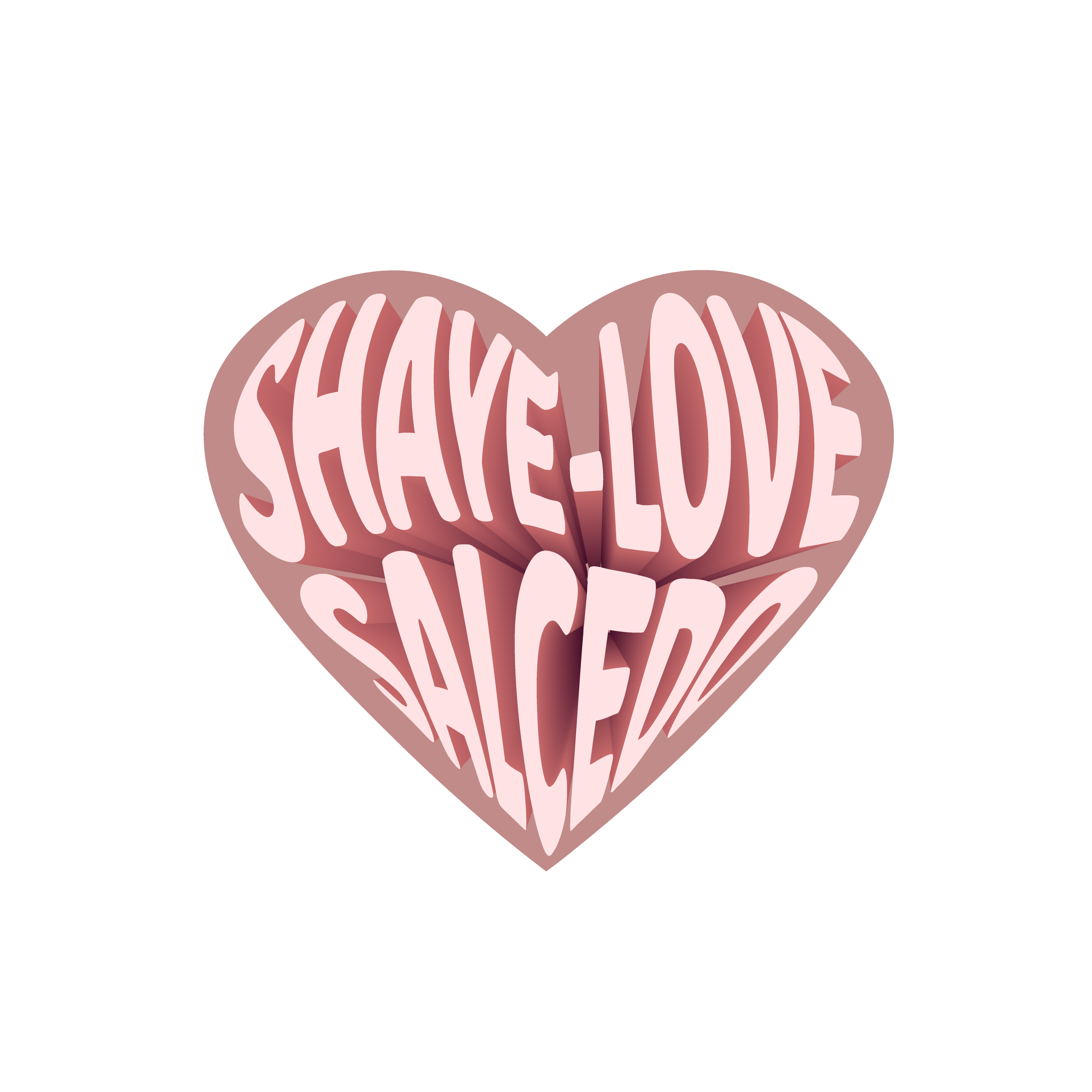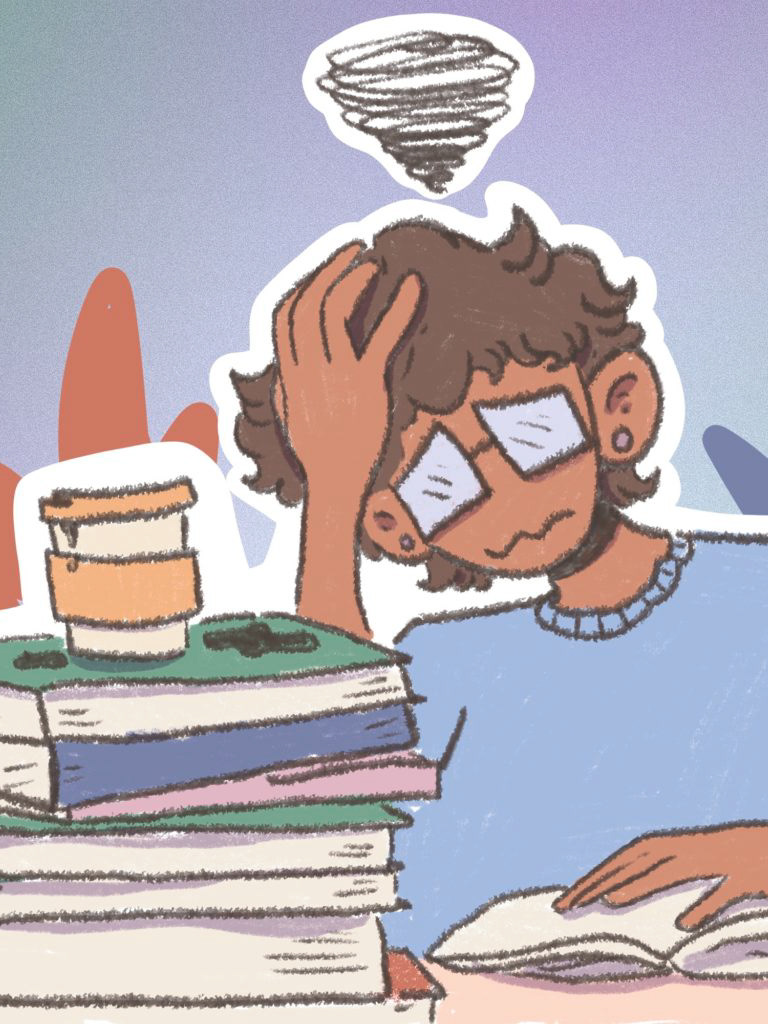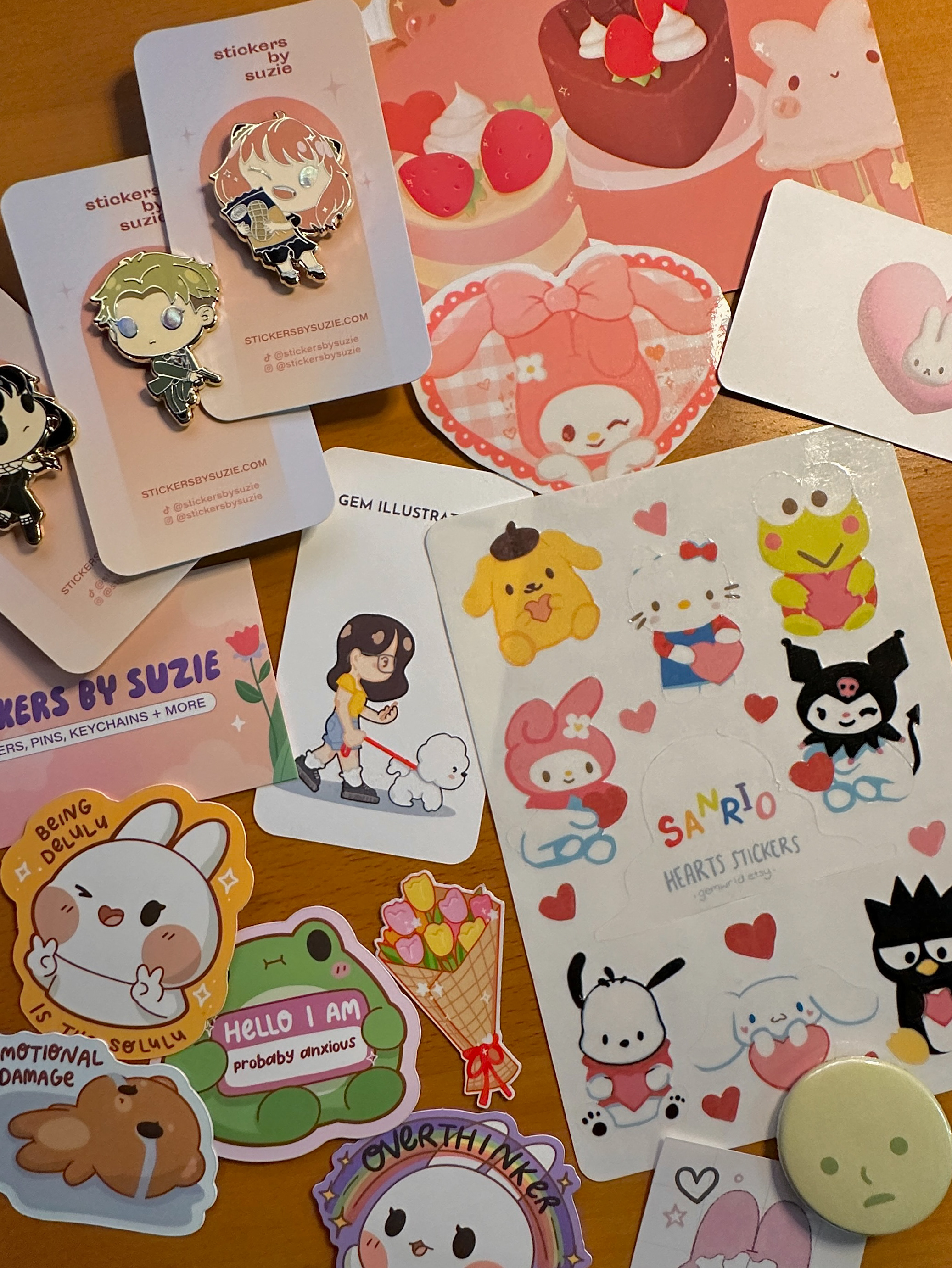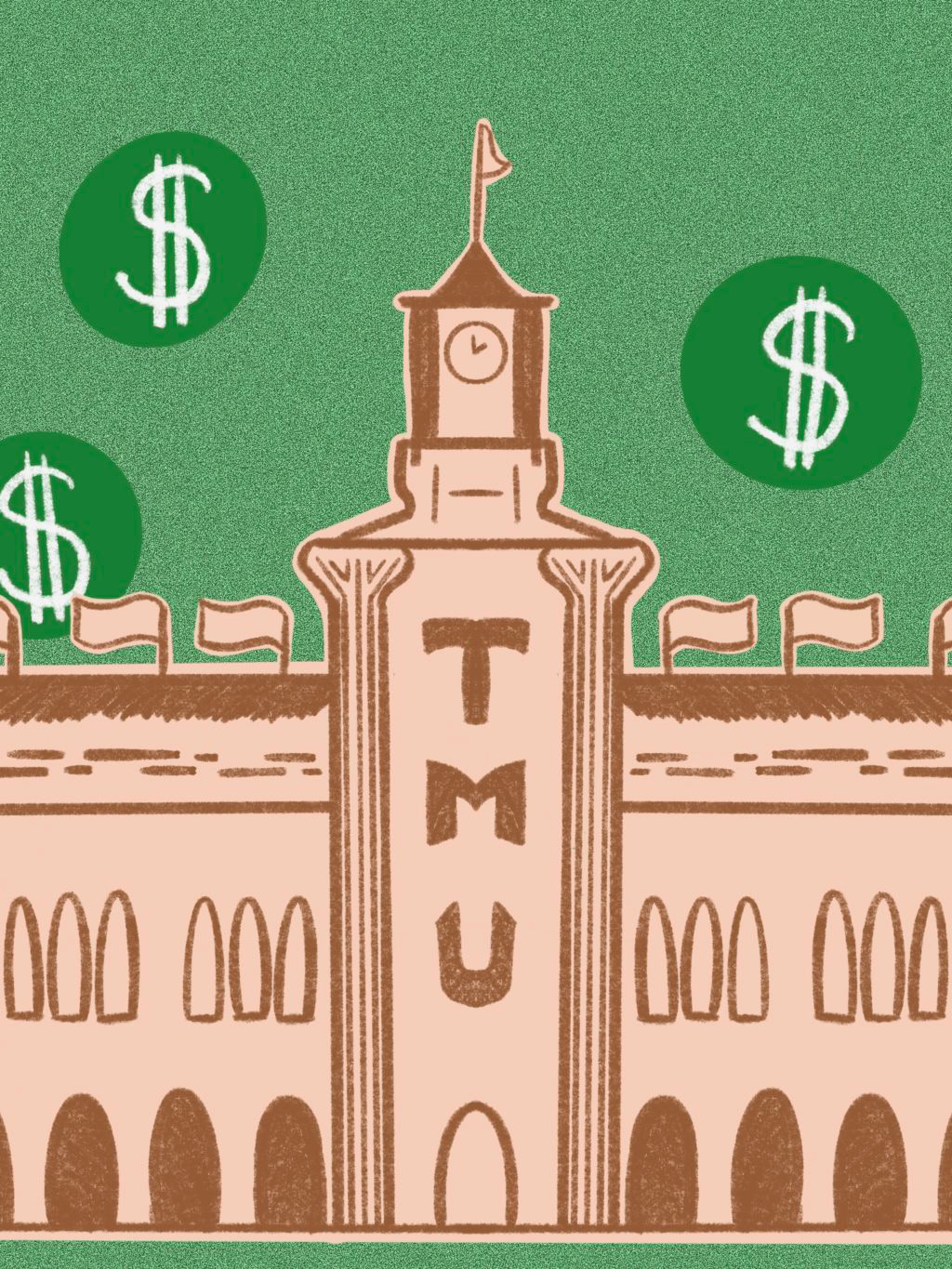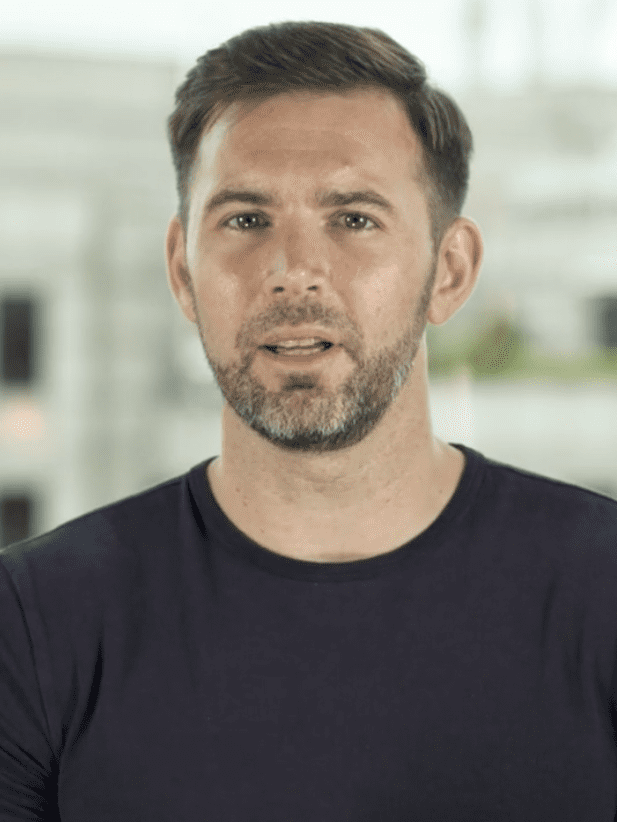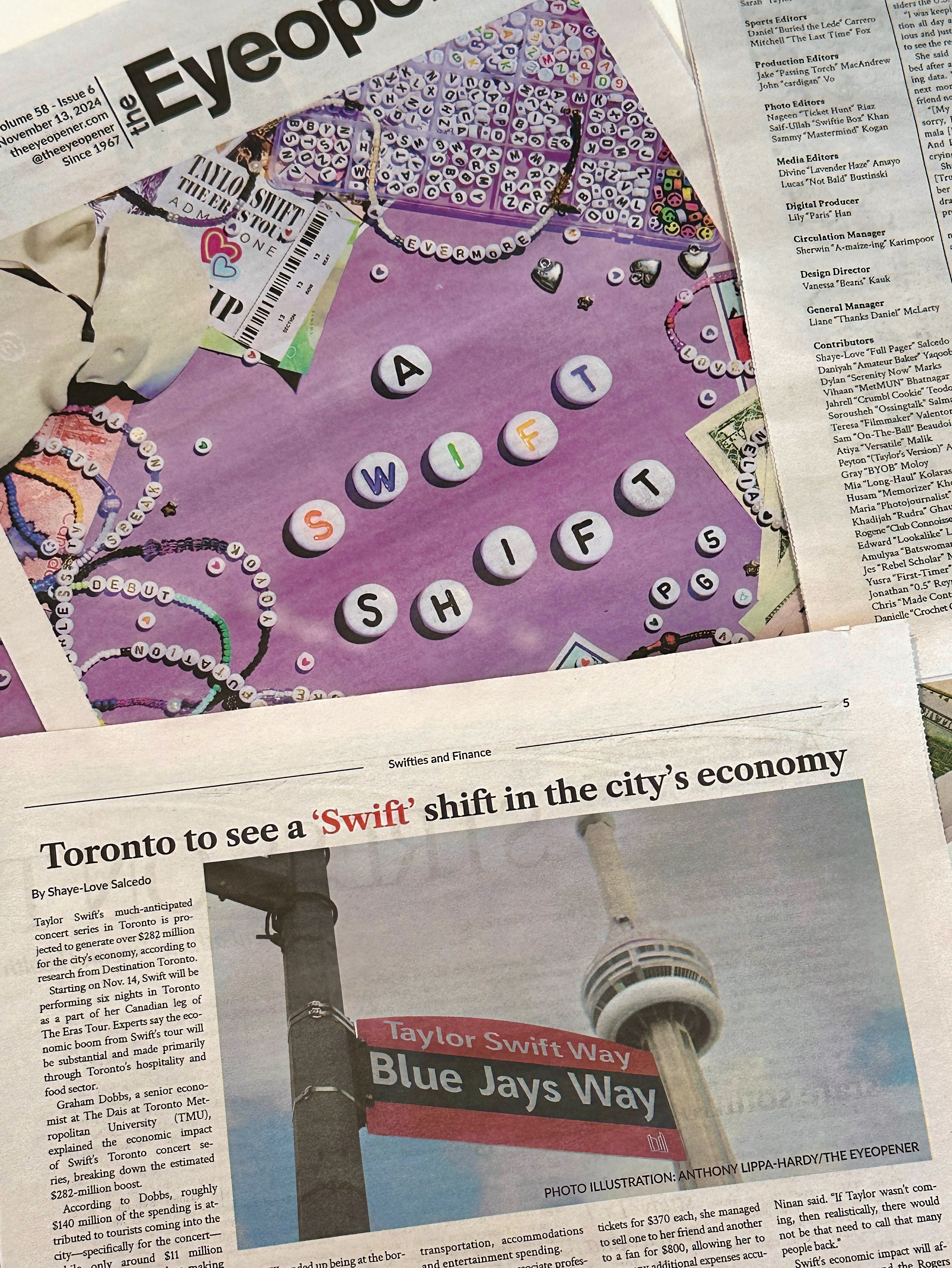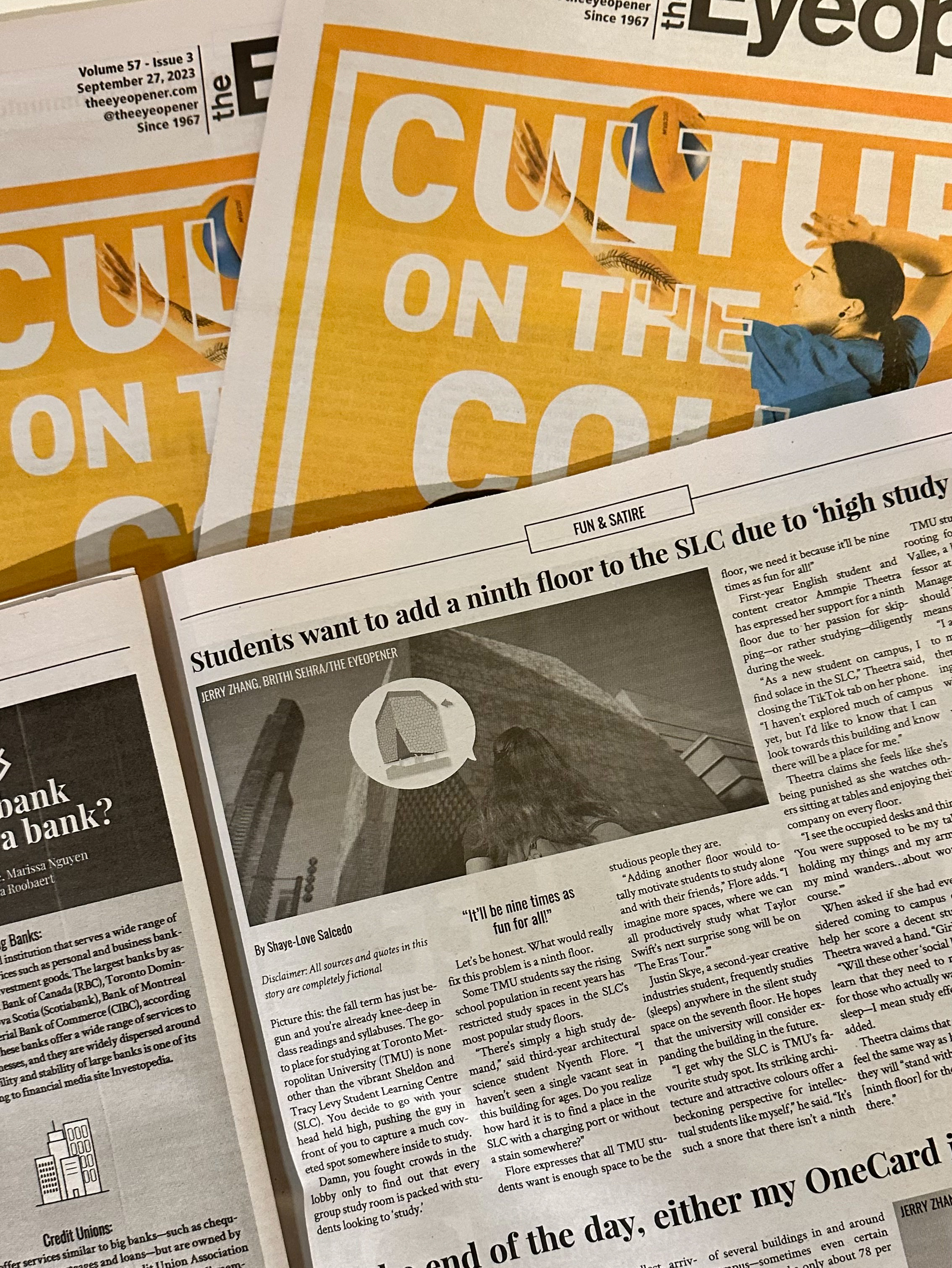What case study have you chosen? Provide a brief statement of the facts.
For this case study, I have chosen to examine the copyright perspective on Taylor Swift’s feud with music producer, Scooter Braun for purchasing her master recordings. I selected this case because I admire her work and I am interested in how copyright played a role in the manipulation and technicalities of selling the rights to her records as well as how she was legally allowed to re-record her music.
In 2019, Scooter’s company, Ithaca Holdings LLC, purchased Taylor’s former label, Big Machine Records, also acquiring her first six albums in the process. She had already been attempting to purchase and regain ownership of those records for the past year. Taylor then planned on re-recording them until Scooter sold the master rights to her albums to an unknown investment fund for $300 million (Halperin, 2020). Scooter’s team attempted to force an NDA on her, but she did not give in to their plans. Taylor was taken aback by this, leading her to publicly speak about the issue and emerge debates about copyright online. Big Machine fired back online, restricting her from performing her old songs at the American Music Awards. The situation became a suspicious dispute between the record label and Taylor along with the internet.
What works are the subjects of the infringement? What is the copyright issue?
With the speculations and controversies of who owned her albums then, Taylor Swift’s musical works and sound recordings are the subjects of infringement. I am specifically referring to the master recordings of her first six albums: Taylor Swift, Fearless, Speak Now, Red, 1989 and Reputation.
The copyright issue revolves around Big Machine’s past contract with Taylor and the circumstances regarding the ownership of those albums. In the United States, the owner of a master is legally allowed to exploit it, and the artist still earns royalties, but the owner brings in more income (Sisario & Coscarelli, 2019). Technically, because these records were created and developed during her contract with Big Machine Records, the company owned the masters for distribution reasons. This was since Taylor had signed her rights away to the label when she was fifteen years old, which is what new artists can do when entering the music industry.
Despite this contract, she still held publishing rights since she was the original songwriter. This means that she can freely re-record her music using the same lyrics and composition in the future without reprimands, an opportunity she would not have received if she was not a songwriter. Scooter’s selling negotiations with private equity funds for her masters had been done so without any of her consent or consultation. This exemplifies the infringement of the right of association, where an author’s work is used in association with something the author would not approve of. In this case, Scooter saw this transaction to make a lot of money and Taylor would not have approved of selling her master recordings to other organizations, especially for financial motives. After all, she was already trying to reclaim them herself, she was even owed $7.9 million in unpaid royalties, which is another violation of the master's rights (Bonner & Bowenbank, 2020). Her fanbase and professionals wondered how to escape the grasp of large music companies and how everyone involved in selling them would resolve it.
Do the news sources report the issue accurately? What problem or anxiety around copyright does the issue bring to life?
Overall, the news, especially reporting on pop culture, is accurate. The simple facts, such as the dollar amount the records were sold for along with the unconsented advancements in selling negotiations are realistic with what many articles report on. Many news articles cover both Scooter's and Taylor’s sides of the issue, yet many people come to a better understanding of how copyright works in the industry. Sharing this situation can potentially bring awareness to artists and help them avoid the same fate.
With media circulation, bullying from the legal perspective of copyright is a prevalent issue that can affect many musicians. In a fight for power, companies often want to own a part of an artist’s work so that they can retain revenues, profits, and royalties to strengthen the company. Most labels do not publicly disclose copyright agreements and negotiations for business and privacy reasons (Haack, 2017). However, it enables them to manipulate their artists into abiding by their terms. For example, while Taylor was negotiating with Scooter’s team, he pressured her to sign an ironclad NDA stating that “[she] would never say another word about Scooter Braun unless it was positive, before [they] could even look at the financial records of BMLG (which is always the first step in a purchase of this nature)” (Hautman, 2022). These conflicts between creators and those who invest in them create unfairness and could lead to misunderstandings when the ownership of the records is in question. In a Tumblr post, Taylor mentioned her side of the situation, and how she had to leave her past albums behind to save her career and future, reflecting on the “incessant, manipulative bullying [she’s] received at his hands for years (Swift, 2019). This adds to the toxicity of the backend of the music industry, where musicians are the front for malicious intent.
What was the outcome/decision?
After the NDA and losing her rights to her first six albums, Taylor signed with Republic Records, who believes that she should own the art that she creates. She began her journey of re-recording her past catalogue, releasing Fearless (Taylor’s Version) in April 2021 and Red (Taylor’s Version) later in November (Travis, 2022). She also continued to maintain transparency with her supporters, calling out Scooter on social media and shedding light on exploiting young women in the industry.
Later, Scooter was asked to reflect on this situation, and he responded positively saying that “[he] choose to look at it as a learning lesson, a growing lesson, and [he] wish[es] everyone involved well. And [he’s] rooting for everyone to win because [he] [doesn’t] believe in rooting for people to lose” (Hautman, 2022). The “positive” statement does not justify his actions and his manipulative ways of copyright negotiation.
As for Big Machine, the company’s reputation had become shattered. Though the number of losses they had after Taylor exposed them is unclear, it is obvious that Taylor is gaining as much income and traction despite having to leave her past works and recordings.
Do you agree or disagree with the result? State your reasons for supporting the decision or your reasons for dissenting.
Overall, I agree with Taylor’s choices and her decision to re-record her albums along with her transparency. Though I understand that it was legal at the time for Big Machine to own her masters since she signed them off at fifteen years old, Big Machine should have communicated with her and perhaps renegotiate that contract. I believe it was an immature decision to let Taylor sign at that young age when copyright agreements are tricky to navigate. I now think that she has every right to do so considering that her creations truly belonged to her as the original songwriter. It was a blessing in disguise, as she was able to release full-length songs as well as unreleased ones that she could not add before such as All Too Well (10 Minute Version) and more. Her fans have even encouraged Spotify users to stream her original album versions instead of the set connected to Big Machine to ensure that she receives as much revenue as possible (Bonner & BowenBank, 2020). Her supporters loved her versions and have brought in millions of dollars and unwavering support.
